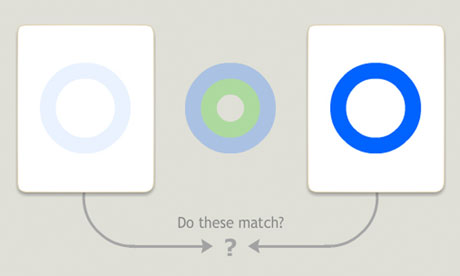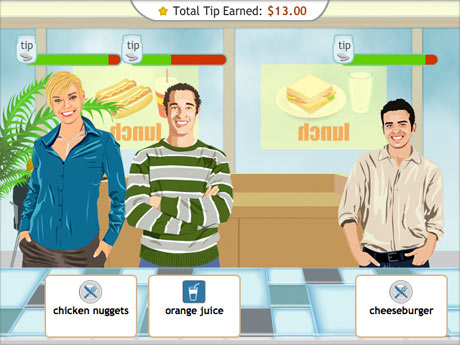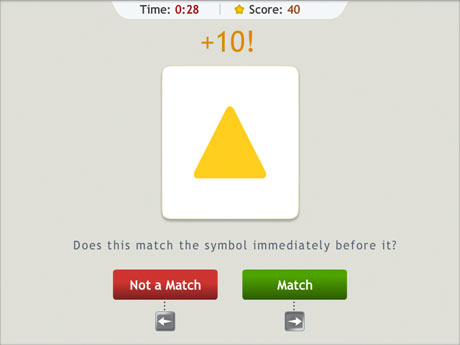Happy Father's Day, Totti!
Born in Belgrade, Yugoslavia
January 15, 1928
He seemed to favor his left arm from a very young age... ;))
Out of uniform while in British Army,
Stationed in Hamburg, Germany, 1949
21 years old
A Typical Father's Day
(In the quiet of Dementia)
"Did you get a good night's sleep, Tot?"
As he wipes the drowsiness from his shaven head to his chin, he sits up.
"Relax a few minutes."
I turn on his television.
(In the quiet)
"Let's go to the bathroom.
Did you do poopies?"
I change his diaper, then clean him --
Fresh clothes nearby.
(In the quiet)
"Ready for breakfast?"
He says nothing, but wolves the meal down.
Sated, he sits and watches me as I wash the dishes.
(In the quiet)
"We'll take a walk down the hall, okay?"
I guide the walker to him,
He grips it as we stroll down the hallway and back several times.
"One more time?"
"Yes."
"Very good. Why don't we relax for a while."
I help him into bed where he rests to watch New Jersey's news,
then falls asleep.
(In the quiet)
At noon, I take his sugar level.
"Hmmm, still a little high. Let's go into the living room. What do you want to watch?"
"Zapata" -- his favorite name for every film he watches.
I slip The Apartment into the DVD player.
He smiles at Jack Lemmon. I smile at him.
(In the quiet)
"The movie's over,Tot. How about some music?"
He nods, but says nothing as I put on music by Greek composer, Mano Xatzidakhs.
He hits the tambourine and sways.
When over, "Some Pavarotti?"
He nods, and like the chance appearance of an endangered bird,
he might sing along to Bixio's Mama
but always beams to Pavarotti's ear-to-ear smile.
After hours of movies, music, and lunch, dinner, and snacktime, I guide him to bed.
He lies down to New Jersey's news.
(In the quiet)
At bedtime, his final change and "It's time for your medicine."
Then, "Now take out your teeth."
I guide him to bed, tuck him in,
"I love you, Tot. Sweet dreams."
"Sweet dreams," he replies quietly.
I shut off the lights, and close the door, slightly ajar.
~~~~~~~~
Every day you remind me how precious each moment is,
and try to live in the quiet.
Happy Father's Day, Totti!
Linda's recording of Totti playing harmonica
Linda's recording of Totti singing a few bars of Bixio's
Mama
Song for My Father, Horace Silver
Oh, My PaPa, Eddie Fisher -- one of my father's all-time favorites


















